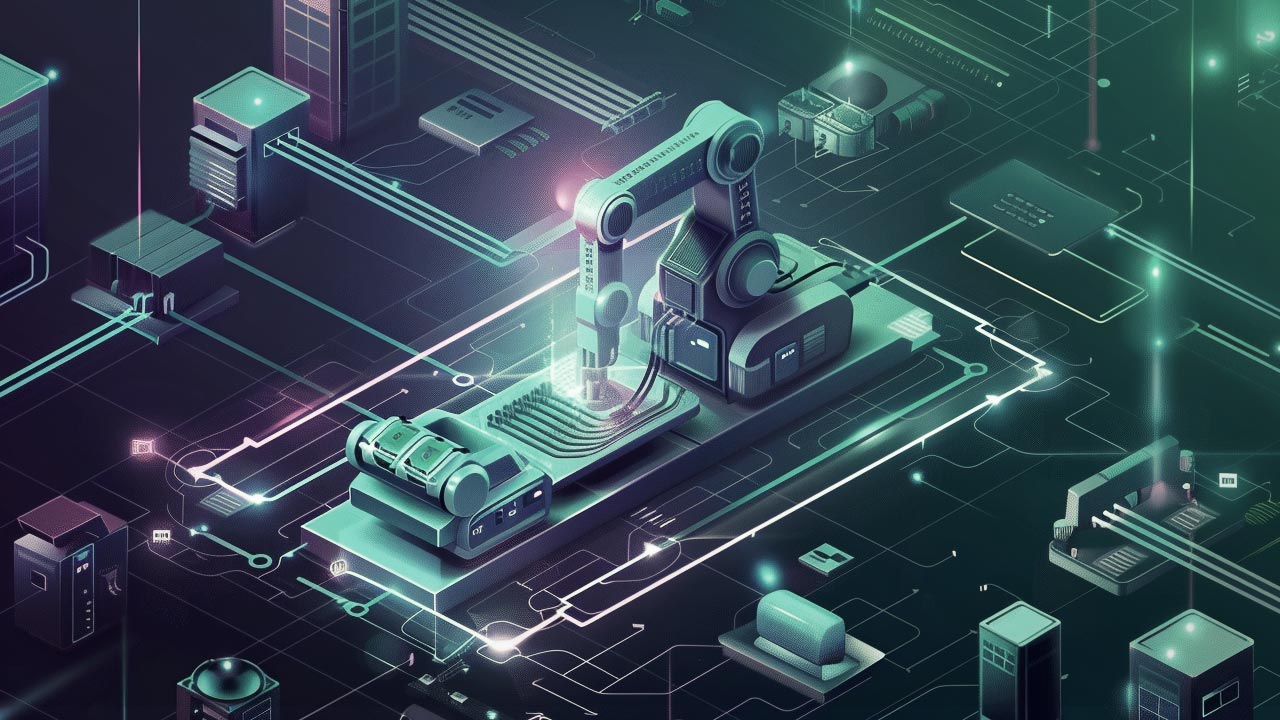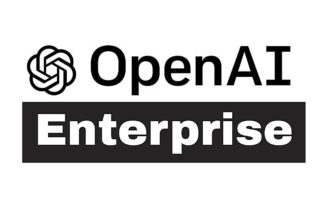
AI in Business Overview
Artificial Intelligence (AI) has transitioned from being a futuristic concept to a pivotal component of modern business strategies. As the digital landscape evolves, companies are increasingly integrating AI to drive efficiency, innovation, and competitive advantage. This article delves into how AI is reshaping business operations, the potential benefits and challenges of AI adoption, and the future of AI in the corporate world. By the end of this comprehensive guide, you’ll understand how AI can be leveraged to enhance decision-making, optimize processes, and create value across various industries.
The Rise of AI in Business
A New Era of Automation and Intelligence
In the last decade, AI has undergone a meteoric rise, transforming from a niche technology into a mainstream tool. The proliferation of big data, advancements in machine learning algorithms, and the exponential increase in computational power have collectively contributed to AI’s ascent. Today, AI is no longer the sole domain of tech giants but is accessible to businesses of all sizes.
Why AI Matters
The importance of AI in business cannot be overstated. According to a report by McKinsey, AI could potentially deliver $13 trillion in global economic activity by 2030. The ability to automate routine tasks, gain insights from vast datasets, and predict future trends gives businesses that harness AI a significant competitive edge. From improving customer experiences to optimizing supply chains, AI is a catalyst for innovation.
Key Applications of AI in Business
1. Customer Experience and Personalization
AI has revolutionized the way businesses interact with customers. Through AI-driven chatbots, personalized marketing campaigns, and predictive analytics, companies can provide tailored experiences that enhance customer satisfaction and loyalty. For instance, Netflix’s recommendation engine, powered by AI, is a prime example of how personalized content can drive engagement and retention.
2. Operational Efficiency and Automation
Automation is at the heart of AI’s value proposition. AI enables businesses to automate repetitive tasks, reducing human error and freeing up resources for more strategic initiatives. Robotic Process Automation (RPA), for example, allows companies to automate processes such as data entry, invoicing, and customer service, leading to significant cost savings and improved accuracy.
3. Data-Driven Decision Making
The ability to analyze vast amounts of data in real-time is one of AI’s most powerful features. AI-driven analytics tools can sift through data to identify patterns, trends, and correlations that would be impossible for humans to detect. This data-driven approach allows businesses to make more informed decisions, from product development to market strategy, ultimately leading to better outcomes.
4. Supply Chain and Inventory Management
AI has a profound impact on supply chain management. By predicting demand, optimizing routes, and managing inventory levels, AI helps businesses reduce costs and increase efficiency. Companies like Amazon use AI to manage their logistics networks, ensuring that products are delivered on time and at the lowest possible cost.
5. Human Resources and Talent Management
AI is transforming HR by streamlining recruitment, enhancing employee engagement, and improving performance management. AI-powered tools can analyze resumes, conduct initial screenings, and even predict candidate success, allowing HR professionals to focus on more strategic tasks. Additionally, AI can provide insights into employee satisfaction and productivity, helping companies retain top talent.
![]()















